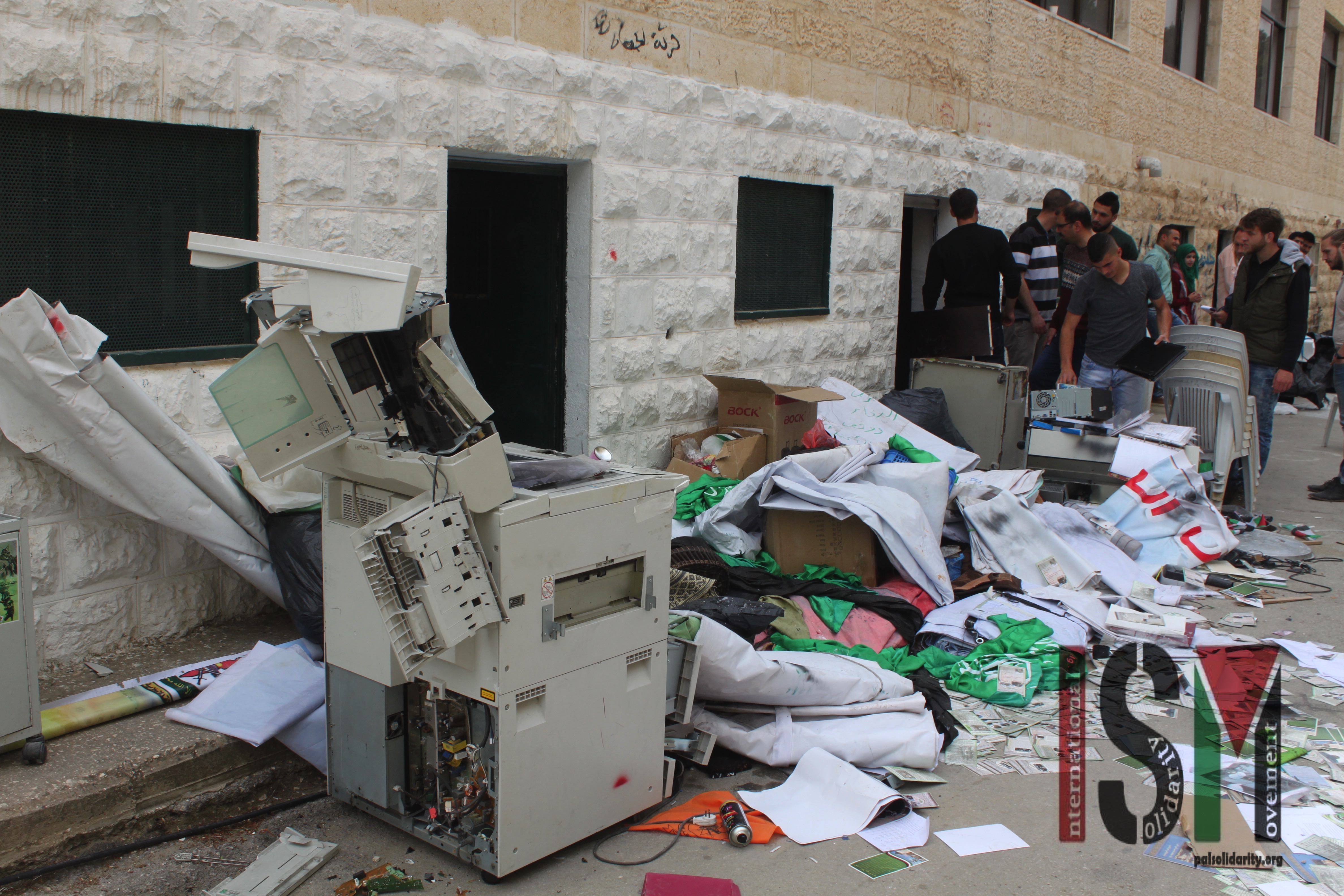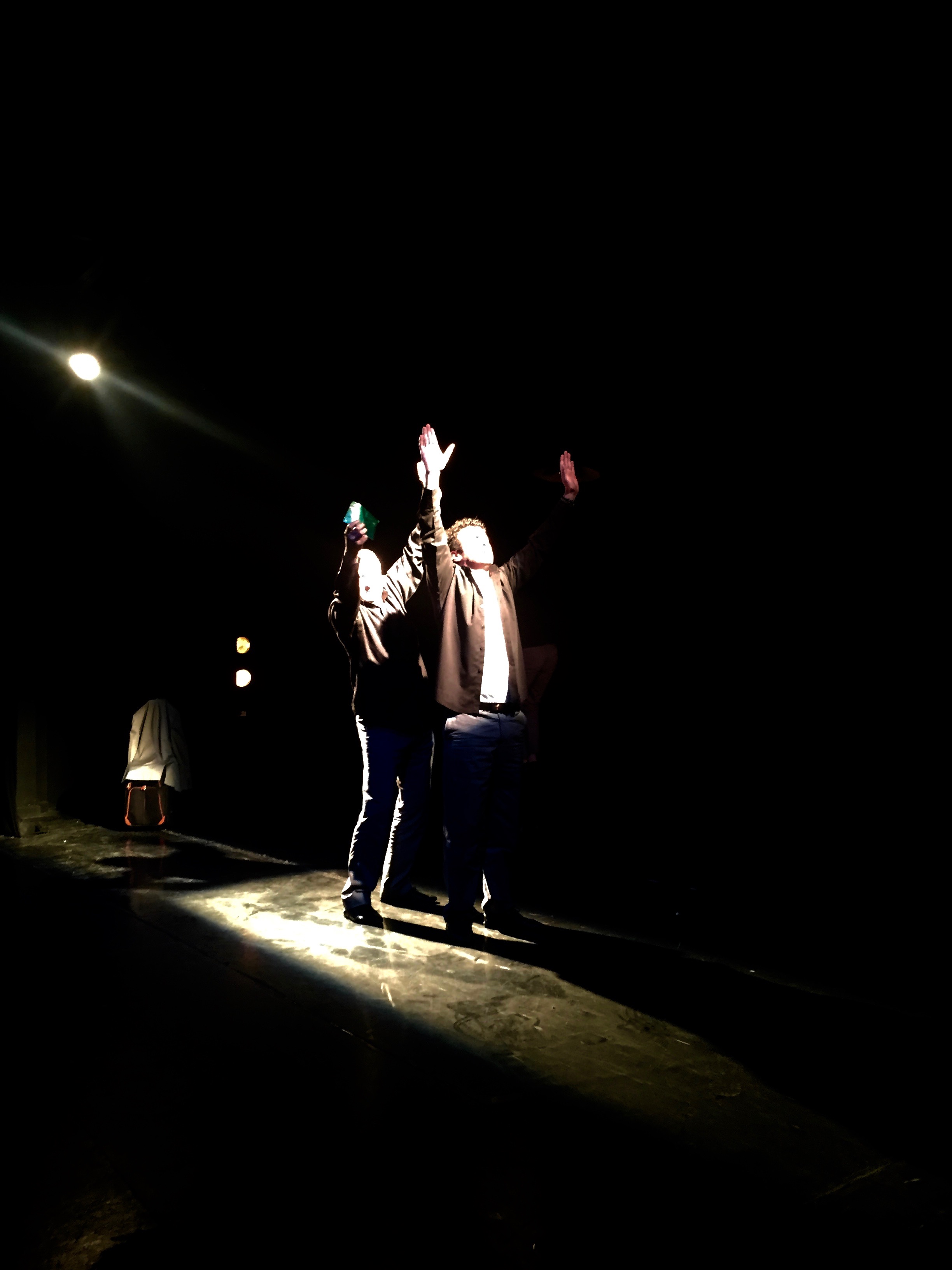-
University rooms destroyed in early morning raid by Israeli forces
5th of March 2016 | International Solidarity Movement, Ramallah team | East Jerusalem, occupied Palestine In the early hours of Tuesday, 5th April, around 3am, an armed group of Israeli soldiers stormed the campus of Al Quds university in the area of Abu Dis, part of East Jerusalem. The soldiers terrorised security guards on duty and forcefully […]
-
Israeli military destroys agricultural lands in Gaza
3rd of March 2016 | International Solidarity Movement, al-Khalil team | Gaza Strip, occupied Palestine At around 9am on Thursday, the 31st March, four Israeli bulldozers entered the Gaza Strip at El Fakhuri. They came in order to destroy agricultural lands located near the border, once again violating the indefinite truce that ended the 2014 Israeli […]
-
Yes Theatre: Resisting occupation through theatre and socially engaged art practice
3rd April 2016 | International Solidarity Movement, al-Khalil team | Hebron, occupied West Bank The Yes Theatre in Al-Khalil works with dedication, for a brighter future for the Palestinians in the occupied West Bank through a diverse set of cultural activities. Roughly eight new productions every year reach an audience of over thirty thousand Palestinians, and on […]
Action Alert An Nabi Saleh Apartheid Wall Arrests BDS Bethlehem Bil'in Cast Lead Demonstration Denial of Entry Ethnic Cleansing Farmers Gaza Global Actions Hebron House Demolition International law Israeli Army Jerusalem Live Ammunition Nablus Ni'lin Prisoner Ramallah Rubber-coated steel bullets Settlement Settlers Settler violence Tear-Gas Canister Video



